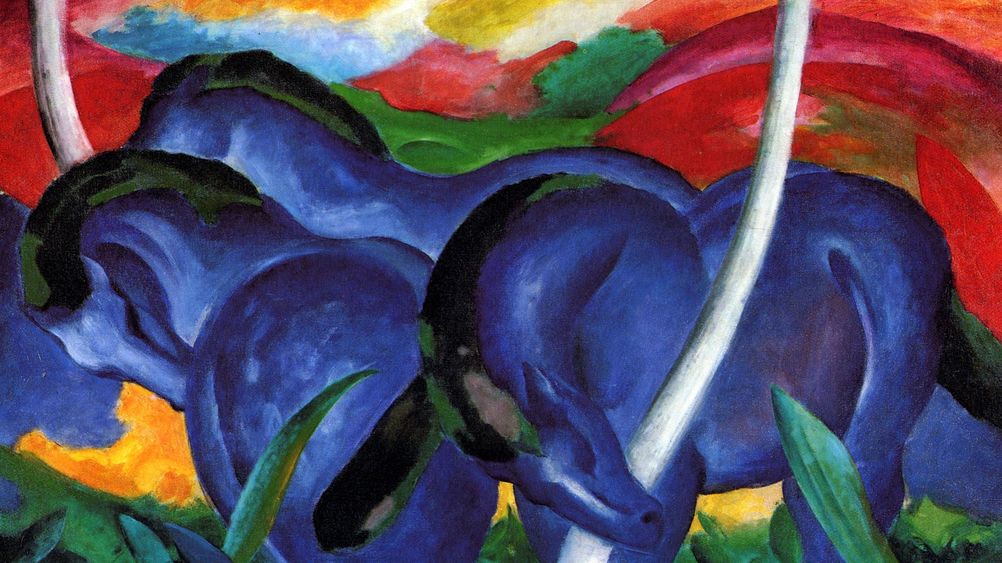Introducing: The Heidelberg School
- Click to Go back
- Click to More
Send to Meural
playlist
Introducing: The Heidelberg School
47
Click to Favorite
Click to Share
Works
Membership

Sandridge
Click to More
Membership

Hoddle St., 10 p.m.
Click to More
Membership

Moonrise, Templestowe
Click to More
Membership

Dandenongs from Heidelberg
Click to More
Membership

Heidelberg
Click to More
Membership

Fog, Thames Embankment
Click to More
Membership

Pastoral in Yellow and Grey
Click to More
Membership

Turning the Soil (Sketch for The Charcoal Burners)
Click to More
Membership

On the River Yarra, Near Heidelberg, Victoria
Click to More
Membership

The Pioneer
Click to More
Welcome to the Meural Art Library
If you're new to Meural, check out the Meural Canvas. It brings all of our art to life, rendering each image as lifelike as a museum original.
Log in to hide this message.











